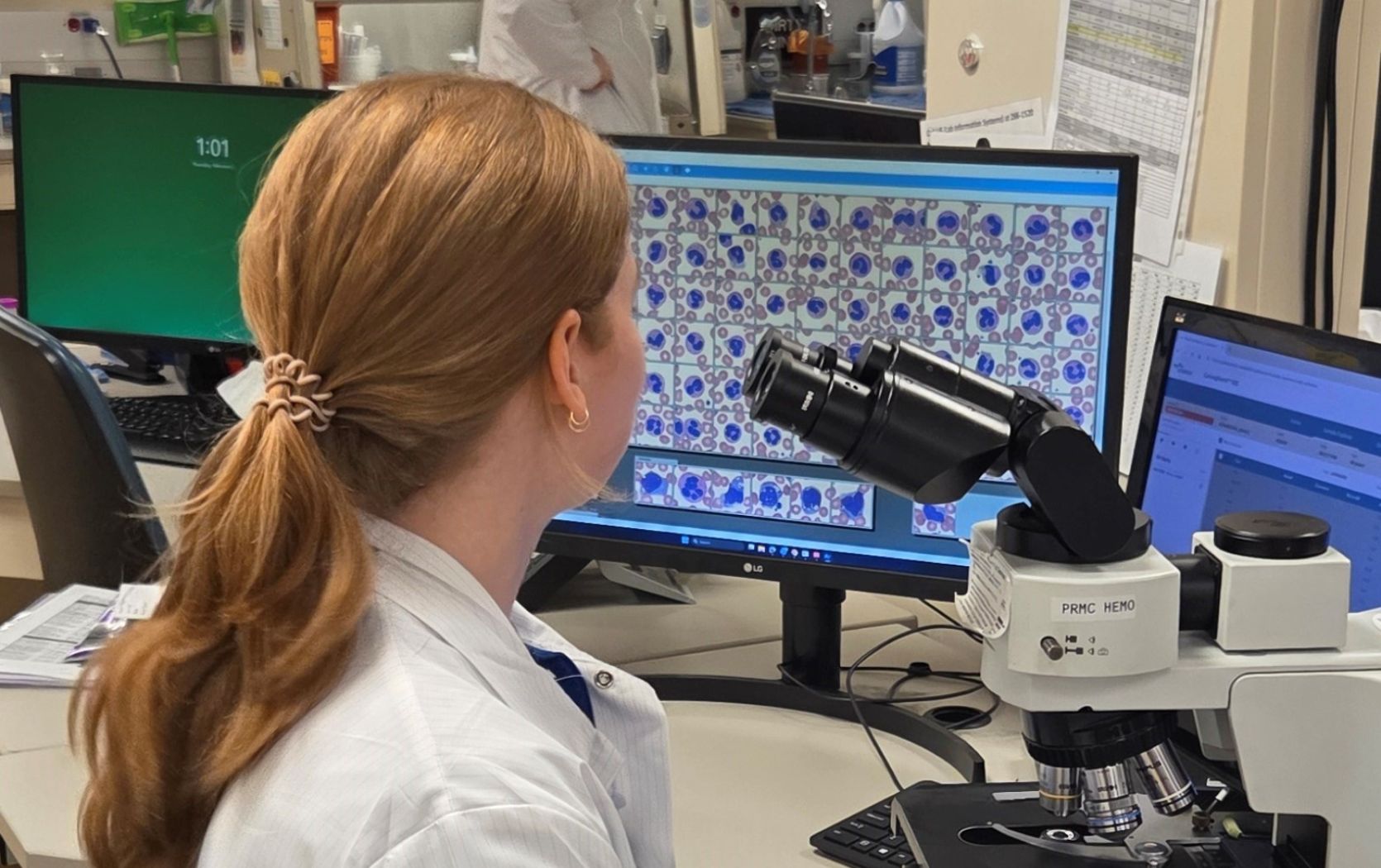Individuals with diabetes are at a high risk of foot ulcers, which can result in amputation. These cases are preventable as much as 85% of the time. This is why frequent, routine foot checks are so important. Leigh Ann Brooks, nursing services operational lead, Diabetes Care and Education Services, Parkview Health, explains what diabetics should look for, how to stop problems before they occur and what to do if they find something concerning.
Routine checks
Individuals with diabetes should check their feet every day. We encourage them to work it into their normal routine.
We want them to assess every aspect of the foot, including the top, sides and bottom of the feet. You want to look for anything of concern, including:
- cuts
- sores
- blisters
- calluses
- redness
- swelling
- anything that indicates infection
If you are having trouble seeing the area, you can use a handheld mirror and place it on the ground or place the foot up and use the mirror to examine the skin.
In addition to daily foot checks at home, any time a patient sees their provider, they should be doing a visual inspection of the feet to see if they notice any changes.
Prevention
If a patient can prevent issues before they arise, that’s really the best-case scenario. Here are some tips for preventing issues with the feet:
Clean feet daily with mild soap and water. Make sure to dry them thoroughly after you wash them.
Purchase good-fitting shoes and socks. Tight shoes and socks can cut off circulation, which prevents healing. Try to purchase shoes at the end of the day, since your feet can swell with activity.
Don’t go barefoot. Walking around without protection is a common way people get cuts and injuries on their feet.
Don’t smoke. Smoking can impact circulation so we recommend quitting if this is something you’re currently doing.
Trim toenails carefully. Trim nails straight across, and don’t get into the nail bed, where it’s easy to cut too deeply.
Avoid electric socks or blankets. They can burn you, particularly if you are experiencing any degree of neuropathy or loss of sensation.
Inspect the inside of your shoes first. Before you put shoes on, especially if they’ve been in a garage or outdoors, look and feel inside to make sure there isn’t anything in them, such as a rock.
Reach out to your provider as soon as you detect an issue. If your symptoms are serious, consider going to the Emergency Department or Walk0in Clinic for immediate medical assistance.




